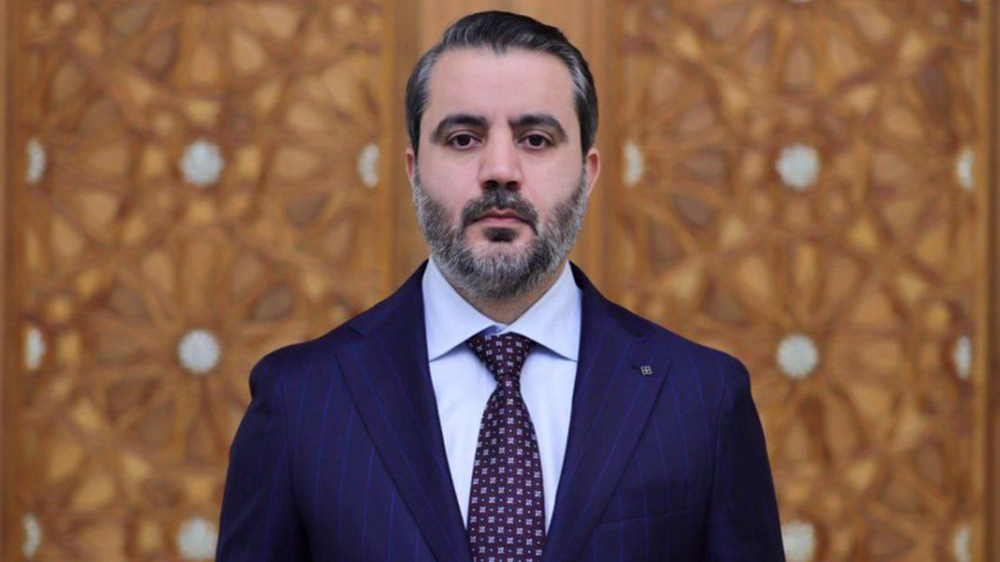Russia, Turkey, Iran to discuss Syria safe zones in Tehran: Lavrov
Foreign Minister Sergei Lavrov says Russian, Turkish and Iranian representatives will meet in Tehran on August 8-9 to discuss the “strengthening” of four de-escalation zones in Syria.
"With the Turkish counterpart [Mevlut Cavusoglu], we discussed the situation with the fulfillment of the agreements as part of the Astana process and discussed preparations for a new meeting of the representatives of Russia, Turkey and Iran, which will take place in Tehran on August 8-9," Lavrov said Sunday.
The Russian top diplomat noted that the trio will continue discussions "on further strengthening the regime of de-escalation zones."
Delegations from Russia, Iran and Turkey as well as the Syrian sides and the United Nations teams held the fifth round of Syrian peace talks in Astana on July 4-5. Jordan and the United States also participated as observers.
During the previous round of the talks in May, the participants agreed to create the four de-escalation zones.
Russia and Iran, which support the Syrian government, and Turkey, which backs anti-Damascus militant groups, seek to find a mechanism to delineate the zones by the end of August.
More than 2.5 million people are believed to be living in the general area of the four zones which span the southern provinces of Dara’a, Quneitra and Suwayda.
The rest of the areas cover the northwestern province of Idlib, parts of the central province of Homs, and the militant-controlled Eastern Ghouta Province near Damascus.
Iran, Russia and Turkey agreed to resume the next round of Syrian peace talks in Astana in late August.
UN Syria investigator quits
Former United Nations official Carla Del Ponte has announced that she is quitting the UN commission probing rights abuses in Syria after serving on the panel for about five years because it "does absolutely nothing".

"I am frustrated, I give up," Del Ponte told the Swiss newspaper Blick, adding "I have written my letter of resignation and will send it in the next few days".
She added that "everyone in Syria is on the bad side”, adding “the opposition is now made up of extremists and terrorists".
Syria has been grappling with foreign-backed militancy since 2011. Over the past few months, Syrian forces have made sweeping gains against Takfiri elements, who have lately increased their acts of violence across the country following a series of defeats on the ground.
Dec. 22: ‘Axis of Resistance’ operations against Israeli occupation
‘Abhorrent’: Oxfam says only 12 trucks delivered aid in North Gaza since Oct.
VIDEO | Leader receives religious eulogists on Hazrat Fatima birth anniv.
Pope Francis slams Israel’s ‘machine-gunning’ of Gaza children
US hostage-taking of Iranian nationals violation of intl. law: Deputy FM
VIDEO | Carol Singers for Palestine on London’s Parliament Square
Ansarullah says ‘Israeli terrorists’ incapable of confronting Yemen, warns of secret weapons
VIDEO | Yemenis praise the military for its successful operations against Israel















 This makes it easy to access the Press TV website
This makes it easy to access the Press TV website